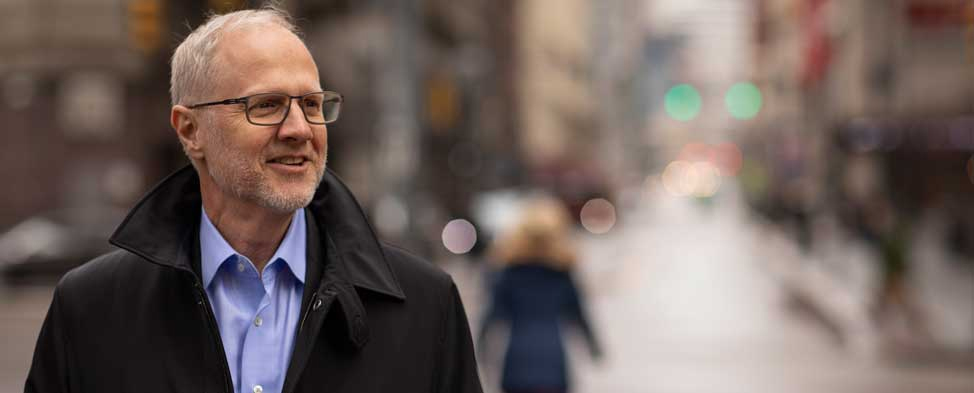 Grant Oliphant, former president of The Heinz Endowments and host of "We Can Be." Photo by Joshua Franzos
Grant Oliphant, former president of The Heinz Endowments and host of "We Can Be." Photo by Joshua Franzos
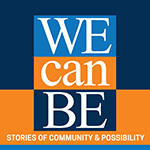 Listen to The Heinz Endowments’ “We Can Be” podcast and experience intimate, candid conversations about the big issues of the day with some of the most accomplished, caring and action-oriented individuals in the social change arena. Hosted by Endowments President Grant Oliphant, “We Can Be” explores the often moving, sometimes funny and always inspiring accounts of how these leaders came to believe that together we can be a more just region, state, country and world.
Listen to The Heinz Endowments’ “We Can Be” podcast and experience intimate, candid conversations about the big issues of the day with some of the most accomplished, caring and action-oriented individuals in the social change arena. Hosted by Endowments President Grant Oliphant, “We Can Be” explores the often moving, sometimes funny and always inspiring accounts of how these leaders came to believe that together we can be a more just region, state, country and world.
"We Can Be" is produced by the Endowments and Treehouse Media, with theme music by Josh Slifkin. Guest and host photos by Josh Franzos.
How to listen:
Visit iTunes, Podbean, Google Play, Stitcher, Spotify, or other major podcast sites to download an episode, or subscribe so new episodes are automatically in your feed each week. Use search term: heinz we can be.

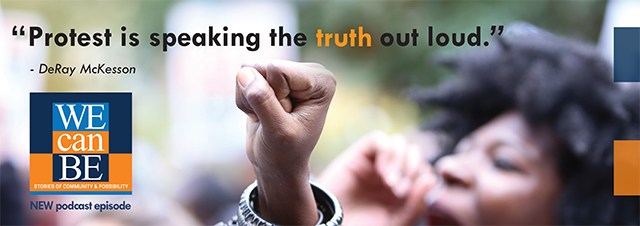 DeRay Mckesson, Civil Rights Activist, Author, and Community Organizer
DeRay Mckesson, Civil Rights Activist, Author, and Community Organizer
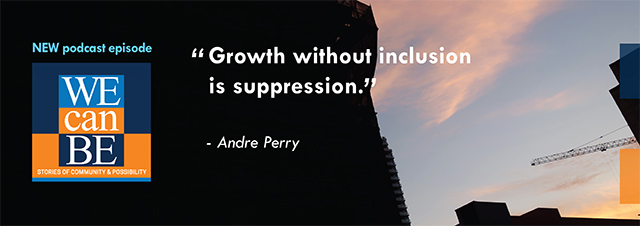 Andre Perry, Fellow in the Metropolitan Policy Program, The Brookings Institution
Andre Perry, Fellow in the Metropolitan Policy Program, The Brookings Institution
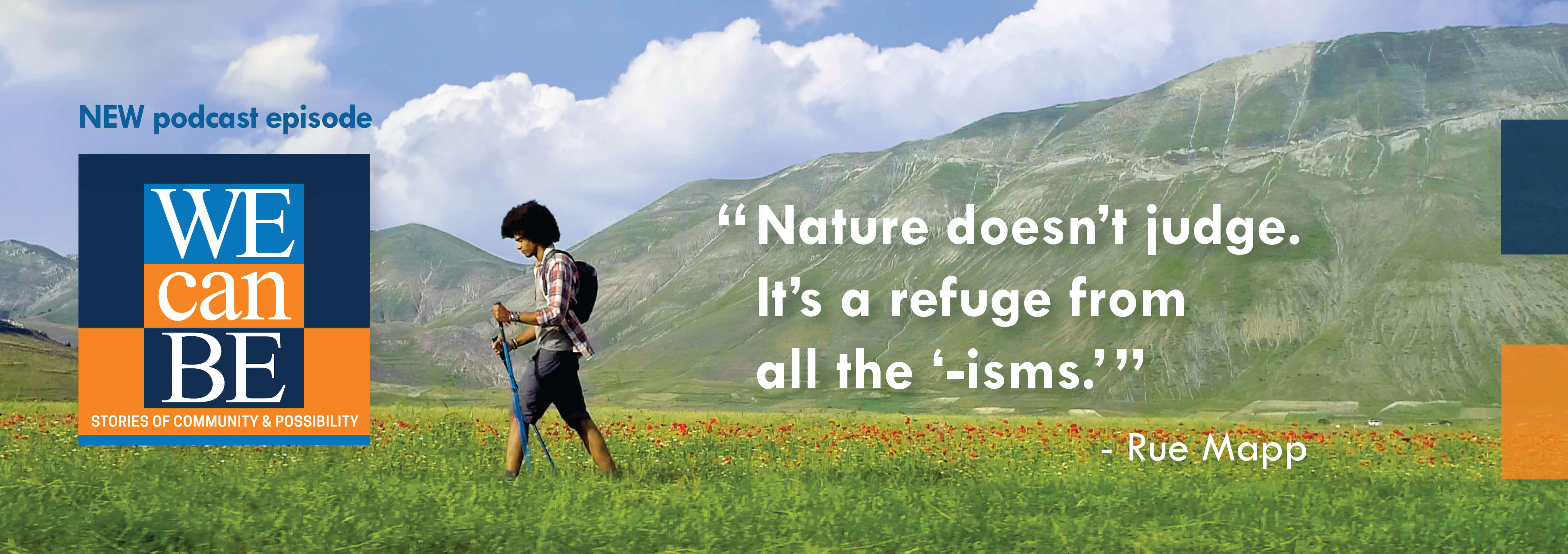 Rue Mapp, Founder, Outdoor Afro
Rue Mapp, Founder, Outdoor Afro
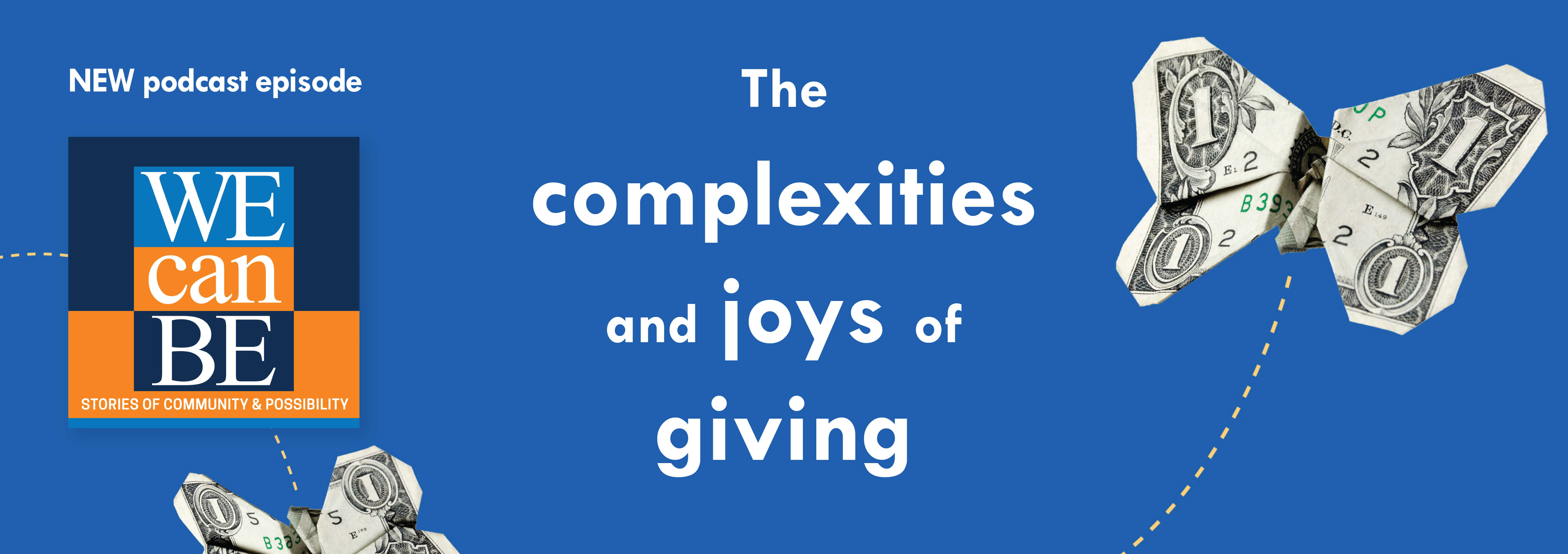 Phil Buchanan, Founder/President, Center for Effective Philanthropy and "Giving Done Right" author
Phil Buchanan, Founder/President, Center for Effective Philanthropy and "Giving Done Right" author
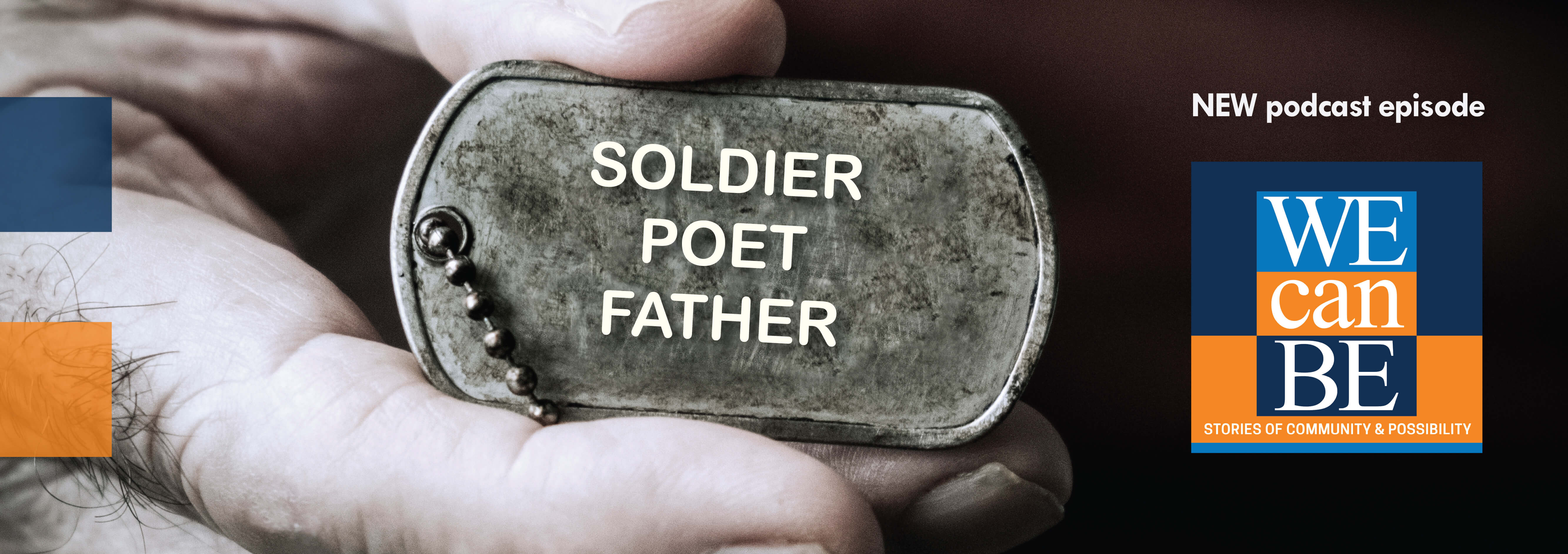 Tim O'Brien, Poet, Soldier and Author
Tim O'Brien, Poet, Soldier and Author
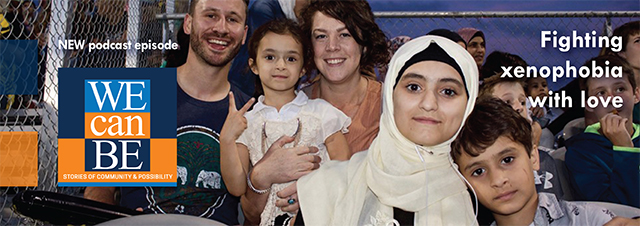 Sloan Davidson, Founder and CEO, Hello Neighbor
Sloan Davidson, Founder and CEO, Hello Neighbor
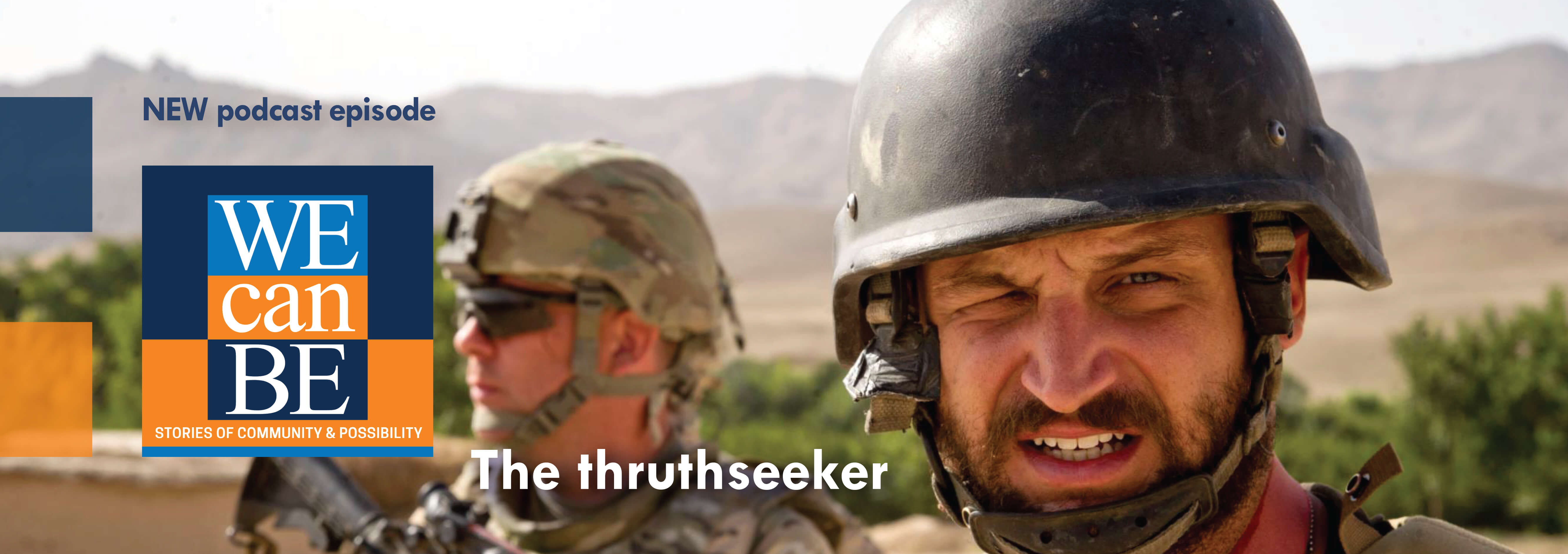 Carmen Gentile, Journalist and Co-founder of Postindustrial
Carmen Gentile, Journalist and Co-founder of Postindustrial
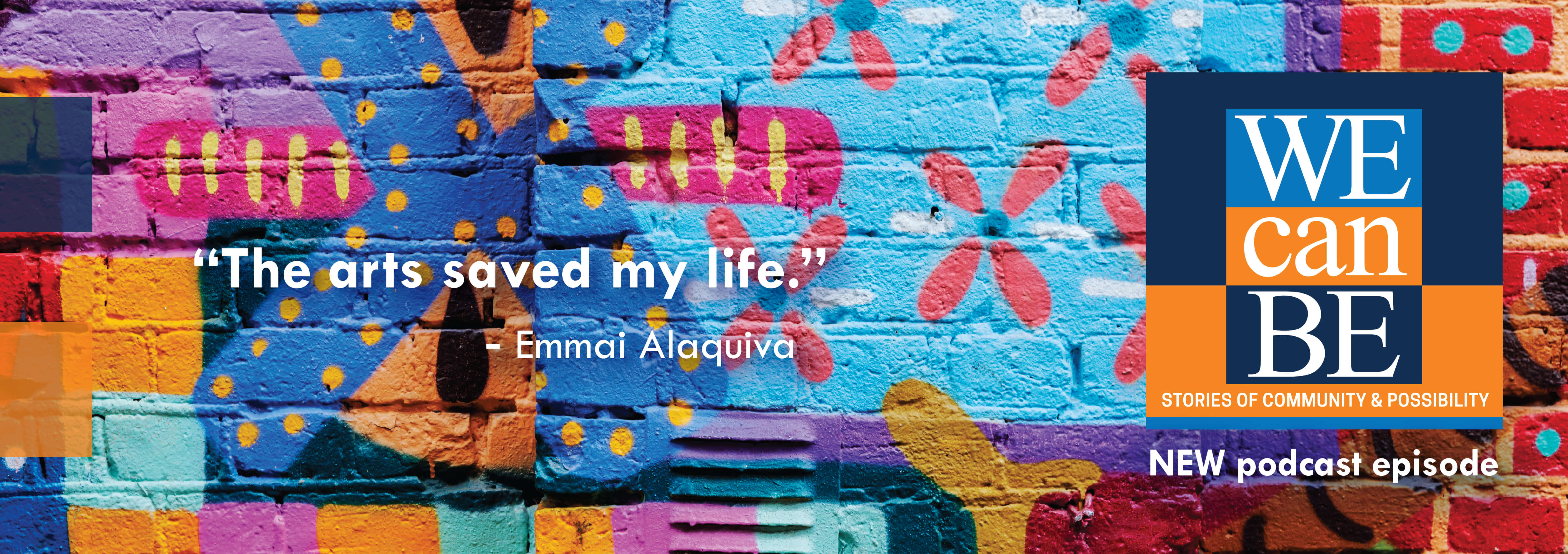 Emmai Alaquiva, CEO, Ya Momz House
Emmai Alaquiva, CEO, Ya Momz House
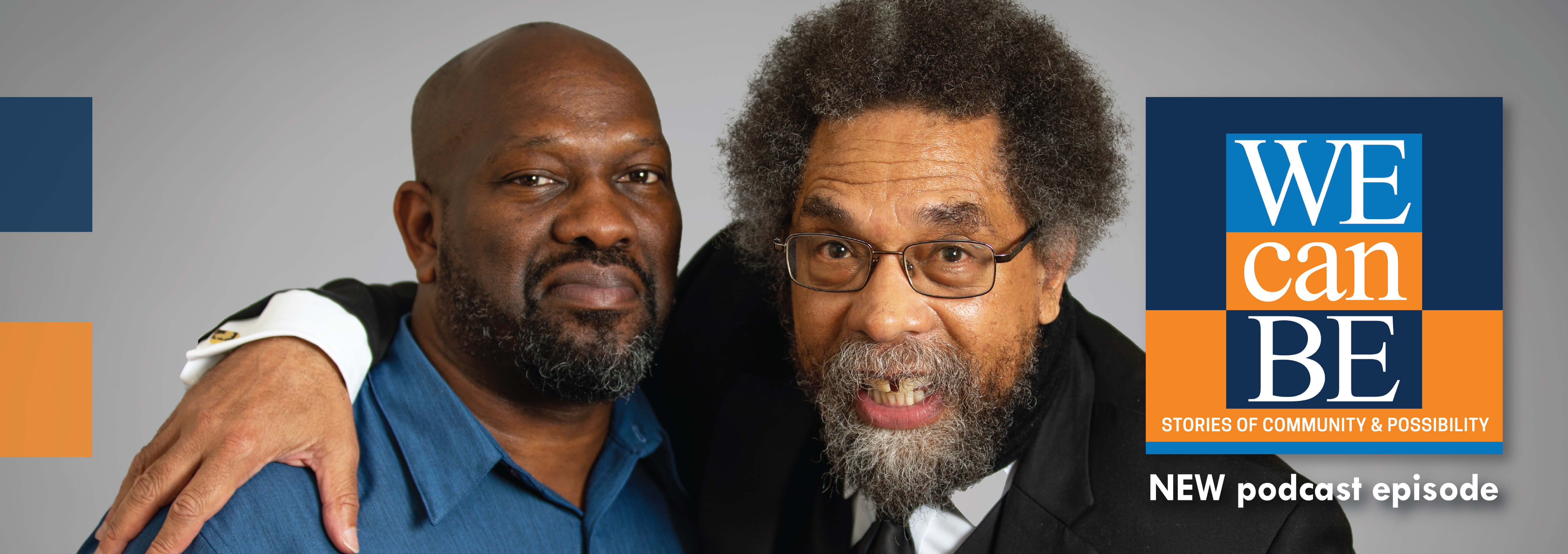 Bakari Kitwana and Dr. Cornel West, renowned authors and activists (Photo by Joshua Franzos)
Bakari Kitwana and Dr. Cornel West, renowned authors and activists (Photo by Joshua Franzos)
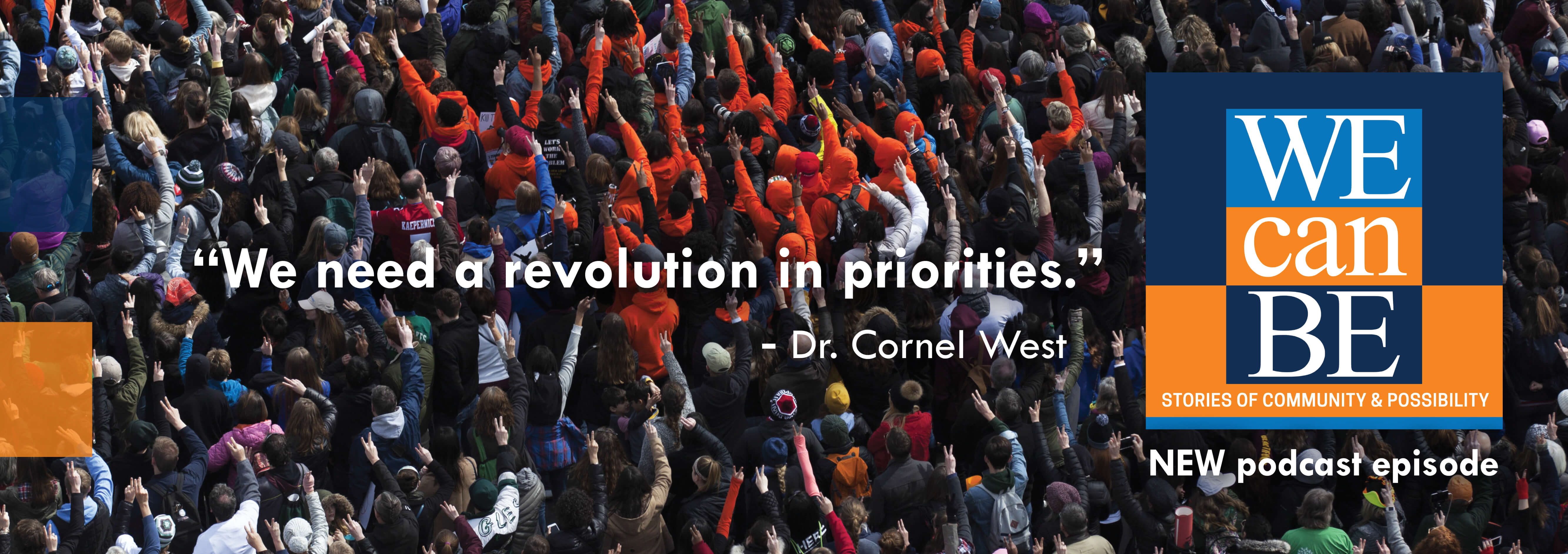 Bakari Kitwana and Dr. Cornel West, renowned authors and activists (Photo by Joshua Franzos)
Bakari Kitwana and Dr. Cornel West, renowned authors and activists (Photo by Joshua Franzos)
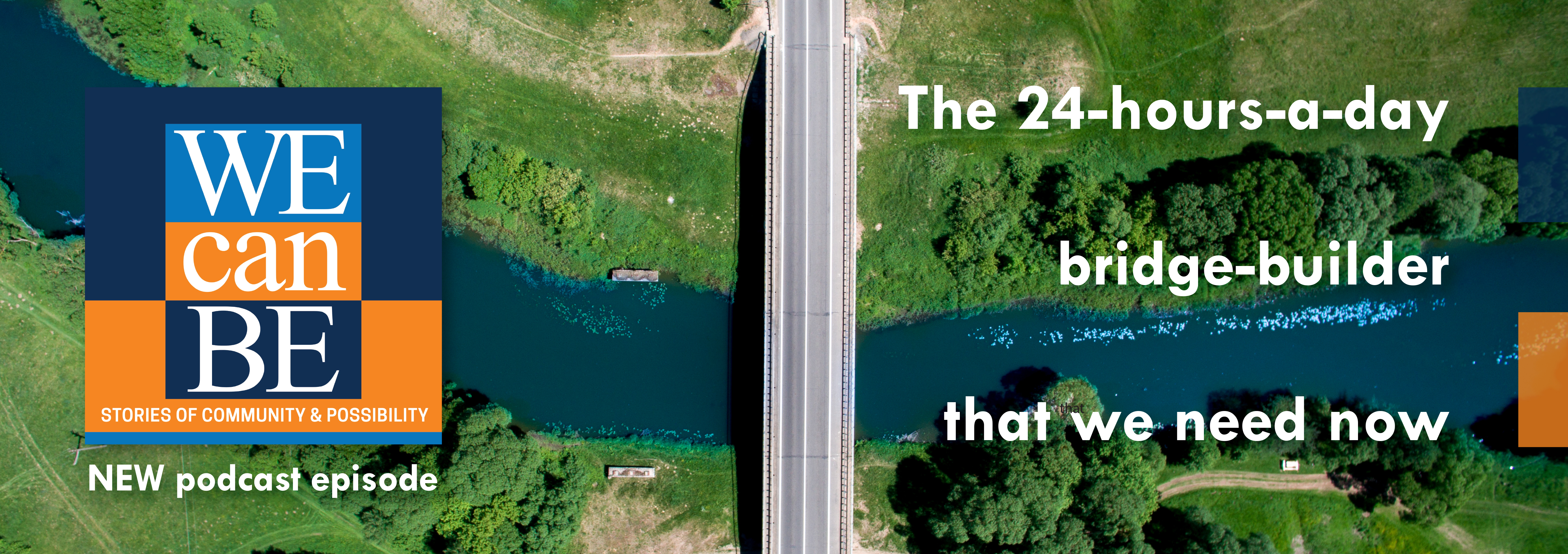 Wasi Mohamed, Pittsburgh Director of Community Entrepreneurship, Forward Cities
Wasi Mohamed, Pittsburgh Director of Community Entrepreneurship, Forward Cities
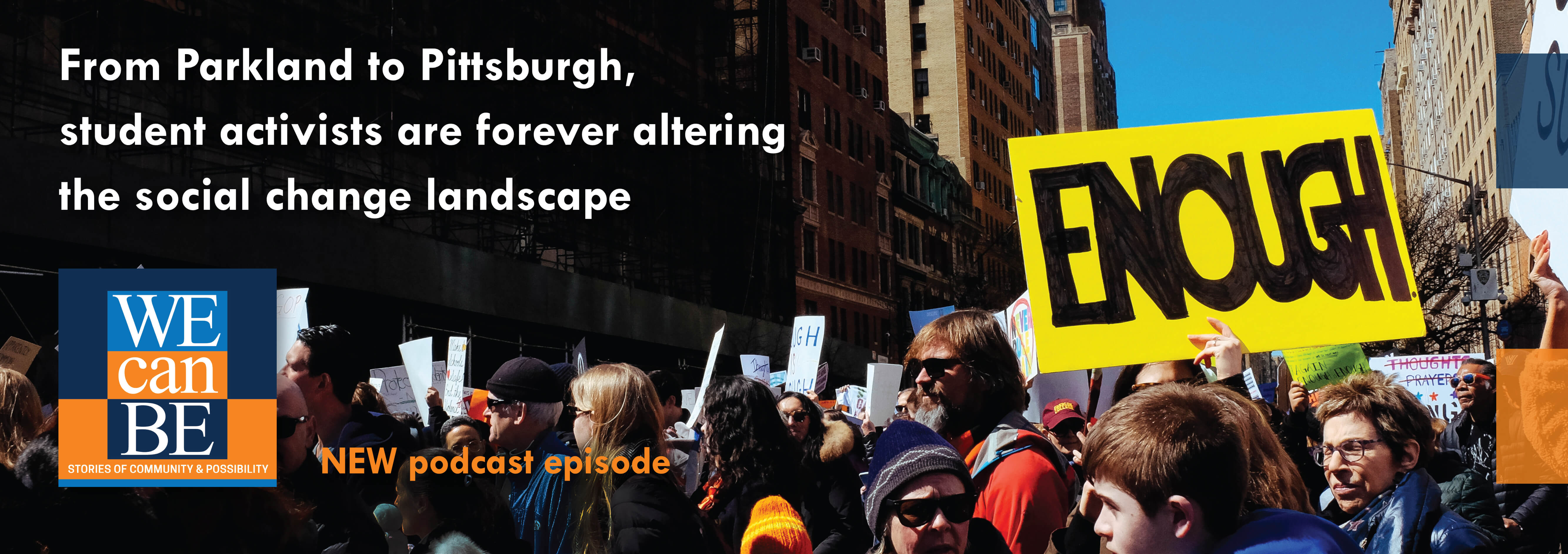 Parkland students Adam Habona and Alyssa Fletcher
Parkland students Adam Habona and Alyssa Fletcher
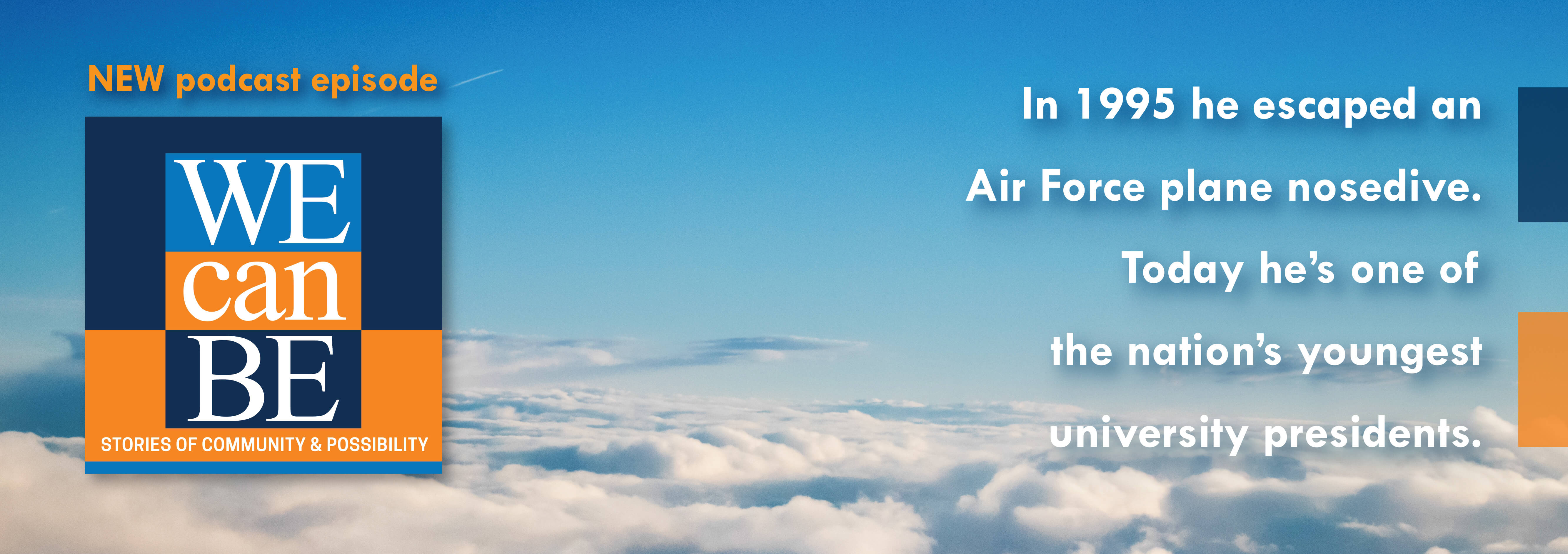 Dr. Chris Howard, President, Robert Morris University
Dr. Chris Howard, President, Robert Morris University
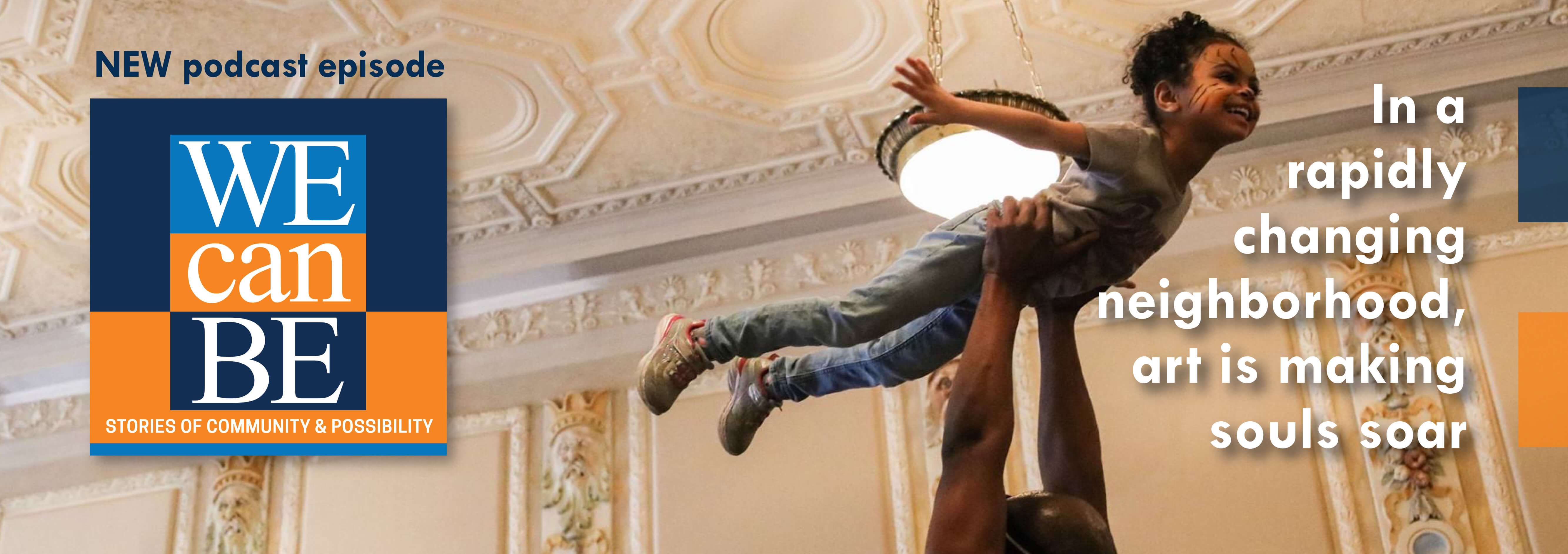 janera solomon, Executive Director, Kelly Strayhorn Theater
janera solomon, Executive Director, Kelly Strayhorn Theater
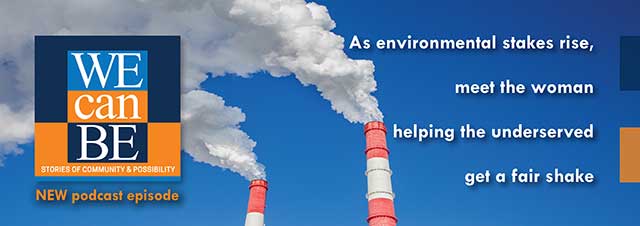 Emily Collins, Executive Director, Fair Shake
Emily Collins, Executive Director, Fair Shake
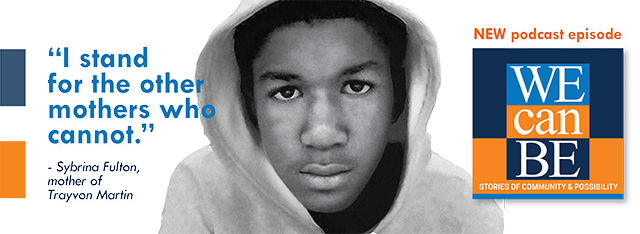 Sybrina Fulton, mother, author, activist & Jasiri X, activist and CEO, 1Hood Media
Sybrina Fulton, mother, author, activist & Jasiri X, activist and CEO, 1Hood Media
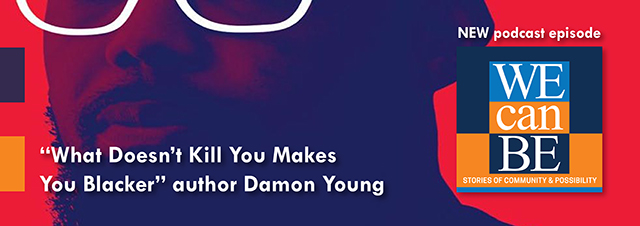 Damon Young, author and co-founder, Very Smart Brothas
Damon Young, author and co-founder, Very Smart Brothas
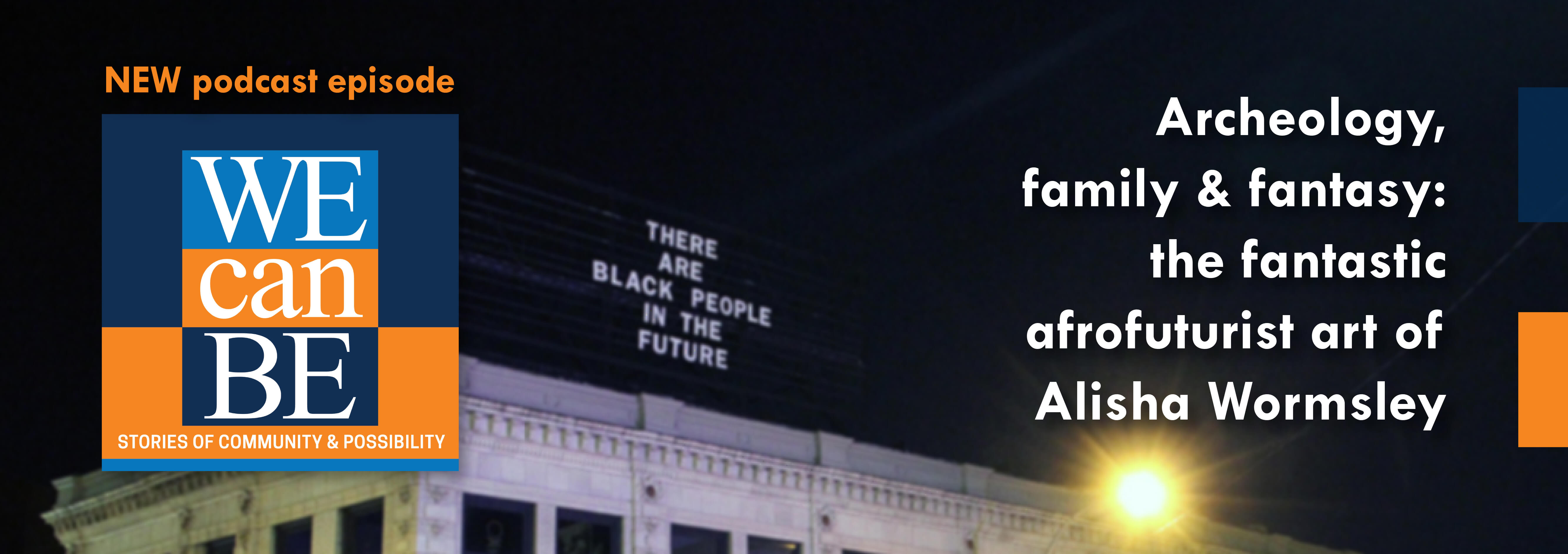 Alisha Wormsley, Interdisciplinary Artist and Cultural Producer
Alisha Wormsley, Interdisciplinary Artist and Cultural Producer
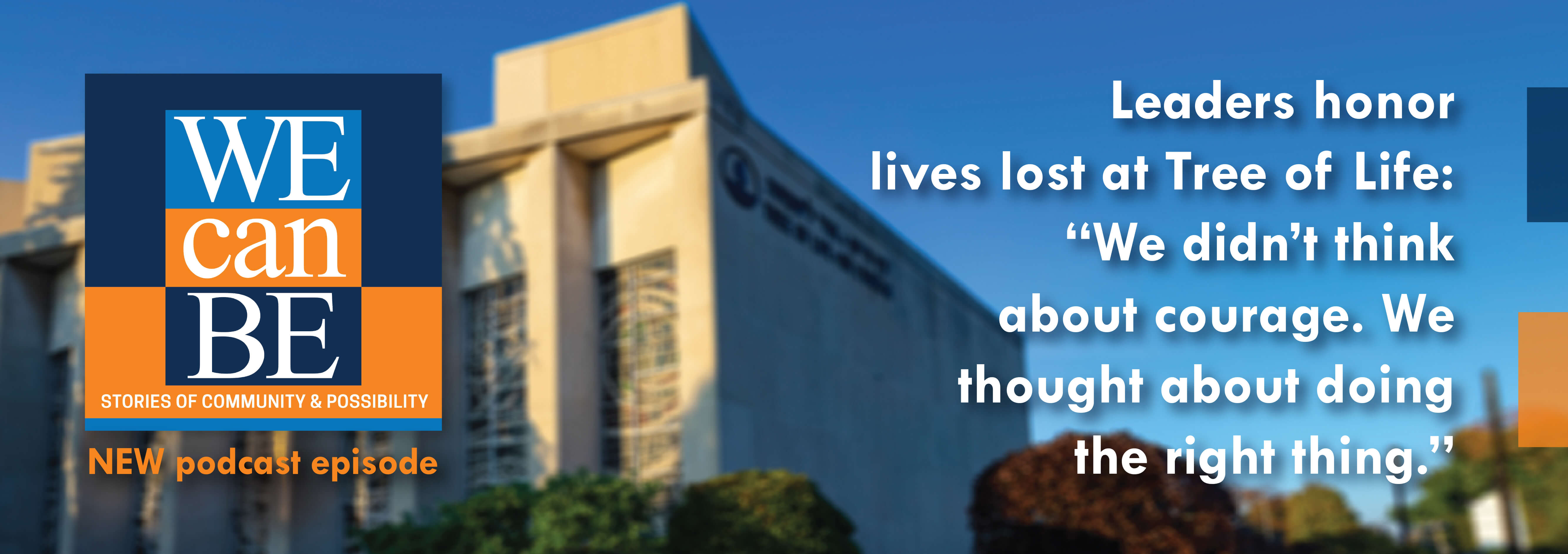 Jewish Community Center of Greater Pittsburgh’s executive director, Brian Schreiber, and The Center for Loving Kindness and Civic Engagement’s Rabbi Ron Symons
Jewish Community Center of Greater Pittsburgh’s executive director, Brian Schreiber, and The Center for Loving Kindness and Civic Engagement’s Rabbi Ron Symons
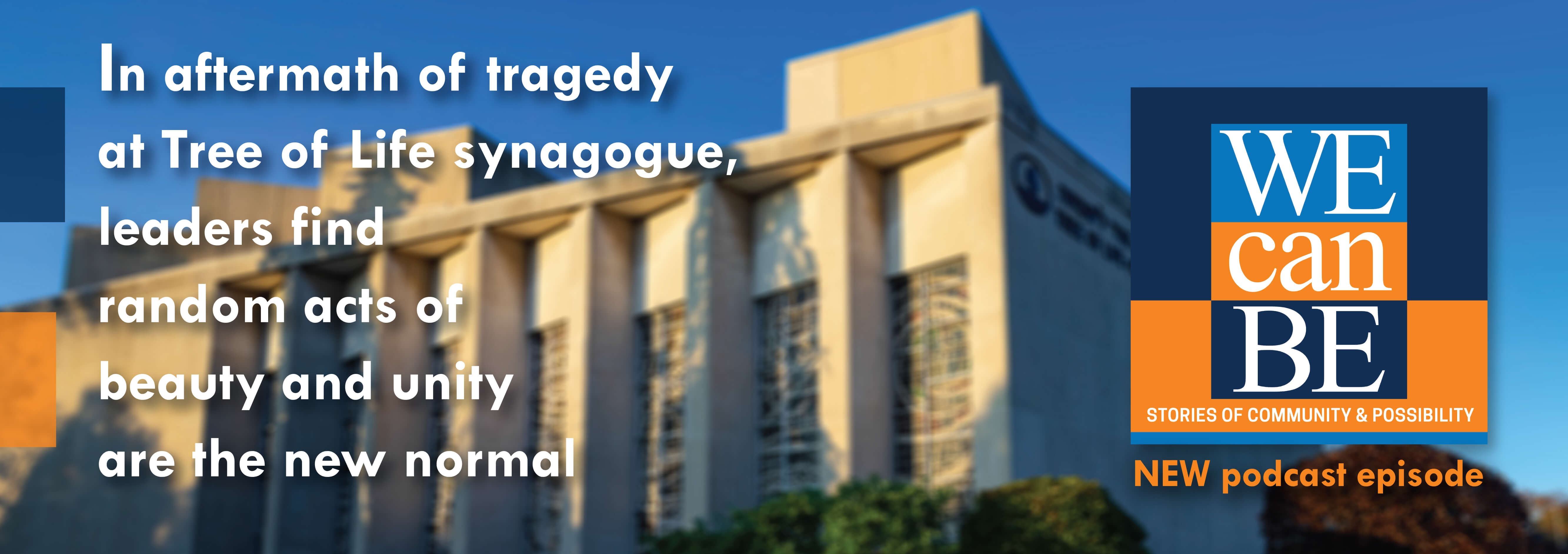 Jeff Finkelstein, CEO, Jewish Federation of Greater Pittsburgh
Jeff Finkelstein, CEO, Jewish Federation of Greater Pittsburgh